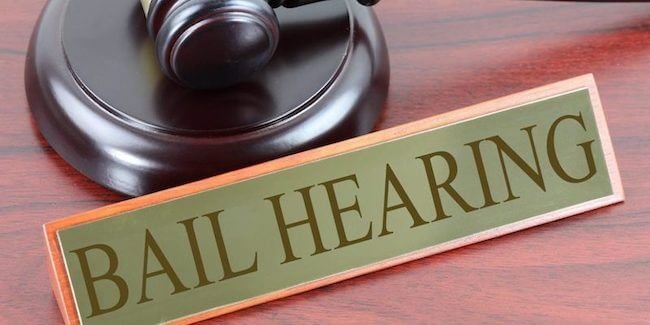
A Guide to Sexual Assault Charges And Their Consequences
Being charged with a sexual assault crime can be a traumatic and overwhelming experience. It’s important to remember that you have the right to seek legal advice from a criminal…

Why You Need to Hire a Criminal Lawyer In Mississauga Ontario
Why Hire a Criminal Lawyer in Mississauga? When you are charged with a criminal offence, the consequences can be severe, including fines, imprisonment, and a criminal record. This is why…

Experienced Domestic Violence Lawyer Toronto
Domestic Violence Domestic violence is a serious issue that affects many families in Ontario. If you or someone you know has been charged with domestic assault, it’s important to understand…

Experienced Domestic Assault Lawyers – All Your Legal Needs Covered
What is Domestic Assault? Domestic assault is a serious criminal offence that involves physical abuse or sexual abuse between two people in an intimate relationship. This type of assault can…

Bail Variations in Domestic Assault & Other Criminal Charges
After being criminally charged in Canada, the accused can either be released by the police or brought to court for a bail hearing. Release orders will have conditions that the…

Immigration Consequences of A Criminal Conviction
Criminal convictions can have very serious, long-term consequences for immigrants. While many criminal convictions can disqualify someone from applying for work visas or permanent residency, immigrants who are already in…

Assault Causing Bodily Harm Canada
Assault charges in Canadian criminal law are divided into different levels. Moreover, assault causing bodily harm is the second least serious level, which can be punished with up to 10…

Theft Charges in Toronto: What You Need to Know
If you have been charged with theft, it is important to understand the criminal law process and what you can expect. A criminal lawyer can help guide you through the…

Bail Hearing Process in Ontario
Obtaining bail is an important part of the criminal process. If you or a loved one has been charged with a criminal offence, your rights not to be denied reasonable…

How to Impact Your Criminal Case by Hiring a Domestic Assault Lawyer?
You have been charged with domestic assault, and now you are facing criminal charges. You want to know what your next steps should be? Should you plead guilty? Can you…

